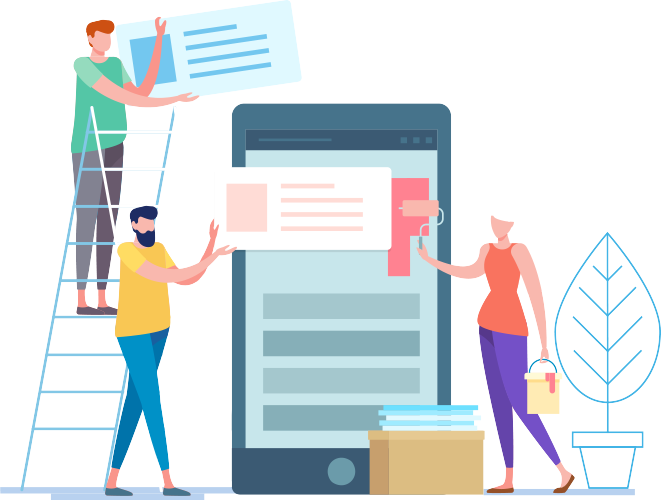About the Project
Our client is a leading Singaporean retailer with an extensive supply chain network that spans multiple countries. The retailer manages the procurement, transportation, and distribution of products across various channels. However, the client faced significant challenges in tracking shipments, ensuring transparency, and minimizing fraud. They sought a solution that could provide real-time visibility into their supply chain operations while reducing operational risks. QSoft was entrusted with developing a blockchain-based solution to enhance the transparency, efficiency, and security of the retailer’s supply chain. The project aimed to create an immutable ledger for tracking the movement of goods in real-time, leveraging blockchain technology to reduce fraud and improve trust across the supply chain. Additionally, smart contracts were to be implemented to automate key processes, such as verifying deliveries and payments, ensuring seamless and trustworthy transactions between the retailer and its suppliers. Technologies
Blockchain Platform: Ethereum Programming Languages: Solidity (for smart contracts), Python, JavaScript APIs: Custom RESTful APIs for integration Frontend: React.js Backend: Node.js, Express.js Security: SSL/TLS for secure data transmission, blockchain’s inherent cryptographic security 
